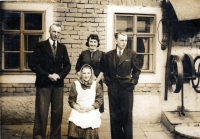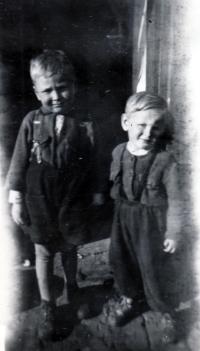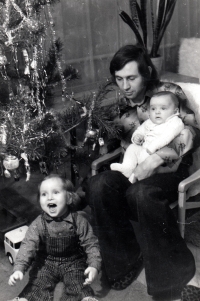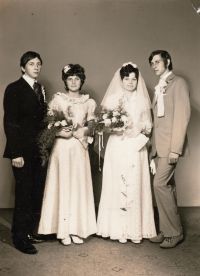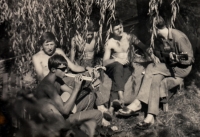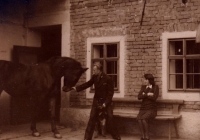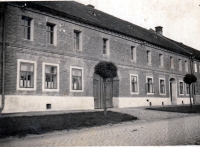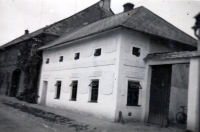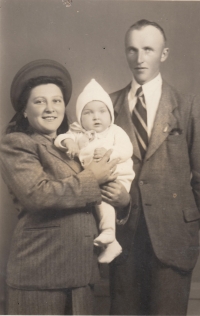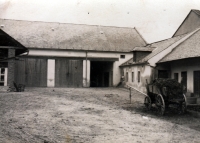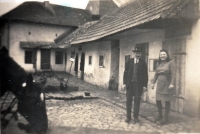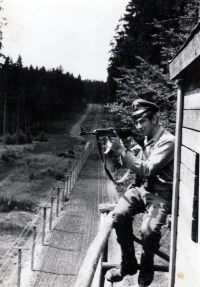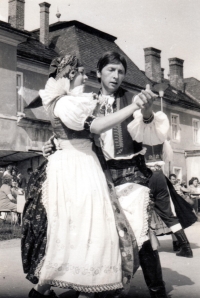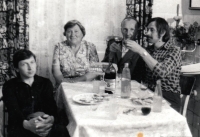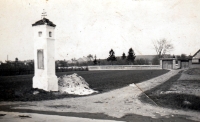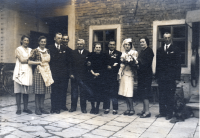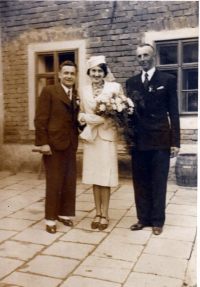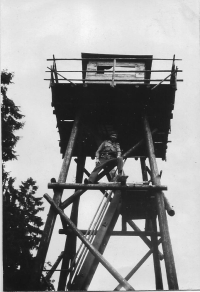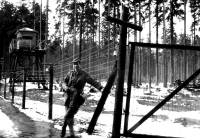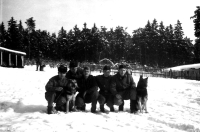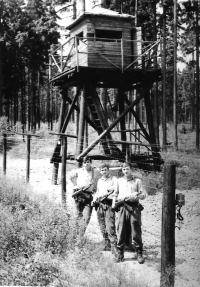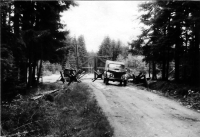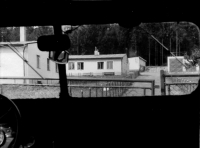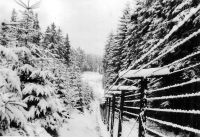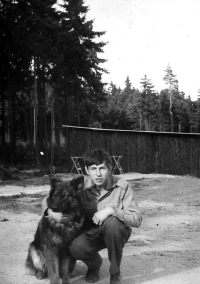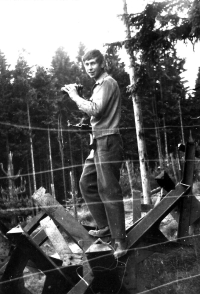My father was one of the farmers persecuted during the war and under communism
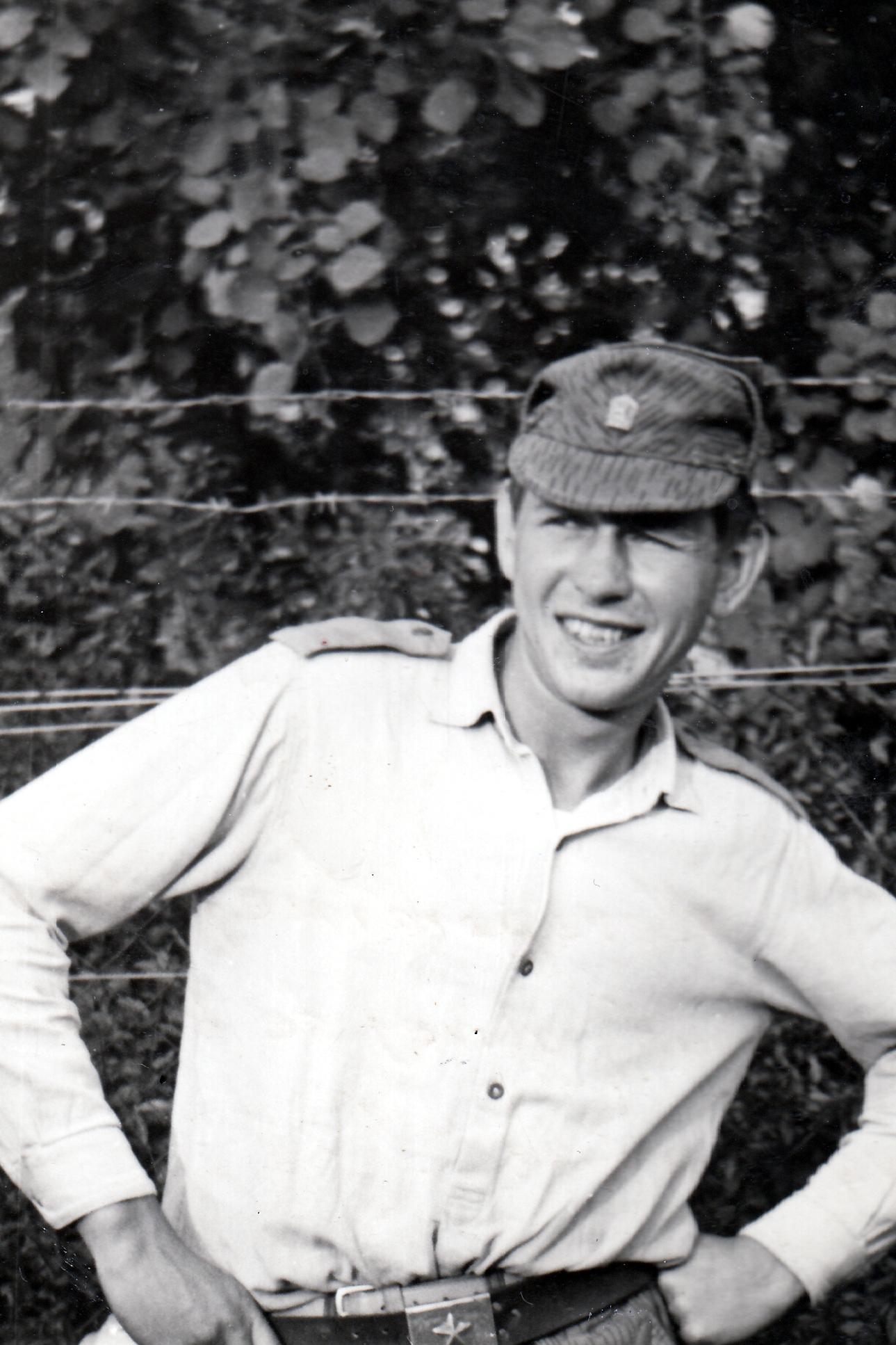
Stáhnout obrázek
Jiří Kašlík was born on 9 March 1949 in Příkazy to parents Jiřina and Josef Kašlík as the younger of two sons into an agricultural family. The family farm was confiscated after 1948 as part of collectivisation along with the property. The father had previously been sentenced to prison several times for failure to deliver. Both parents then worked for a cooperative farm in crop production. Jiří Kašlík trained as a machine fitter at Moravské železárny (Moravian Ironworks). In July 1968 he started compulsory military service at the Border Guard in Tři Sekery near Mariánské Lázně. He lived through the invasion of the Warsaw Pact troops during his receiving period. After the service he co-founded the band Asteor in Příkazy, in which he was active from 1970 to 1973. In 1974 he married Marcela Trnkalová from Ludéřov and they had two sons, Jiří (1975) and Daniel (1976). At that time he joined the Communist Party of Czechoslovakia, later he left the party. From 1974 to 1980 he worked in Sigma Lutín as a maintenance worker. He was active in the dance band of the cultural house of Sigma Lutín and later in the brass band. In 1980 he graduated from the evening school of economics and from 1980 to 1992 he worked at Oseva in Olomouc. With a friend he founded the band Profil, which was active for fourteen years. After his divorce, he returned to Příkazy at the end of the 1970s. His second marriage to Eva Stručková resulted in the birth of his daughter Tereza (1994). From 1992 to 2000 he worked as an economist for a private company in Příkazy, then went to the Financial Office in Olomouc, where he stayed until his retirement in 2011. In 2023 he was living in Příkazy.
